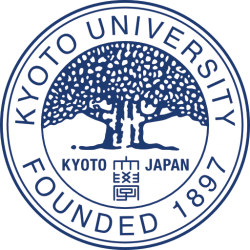In this intensive course, I will explain how and why I take my particular approach to documentary filmmaking, covering all phases of filmmaking from filming to editing to marketing.
It will give students an opportunity to learn how a documentary filmmaker thinks and works. Examining actual day to day problems I face, students will also learn and study various issues around documentary, such as ethics, economics, reality vs fiction, subjectivity vs objectivity, etc. At the end of the course, each student must make and submit a short observational documentary.
As a professional filmmaker, I have made ten feature length documentaries in the same method and style. I call them “observational films” not only because they are inspired by the tradition of observational cinema, but also because I believe in the power of observation.
When I say “observation” in this context, I mean two things.
Firstly, as a filmmaker I closely look at the reality in front of me and make films according to my observations and discoveries, not based on the assumptions and preconceptions I had before I shot the film.
Secondly, I encourage the viewers to observe the film actively with their own eyes and minds.
In order to realize these two aspects, I came up with “Ten Commandments” for me to follow. They are:
1 No research.
2 No meetings with subjects.
3 No scripts.
4 Roll the camera yourself.
5 Shoot as long as possible.
6 Cover small areas deeply.
7 Do not set up a theme or goal before editing.
8 No narration, title, or music.
9 Use long takes.
10 Pay for the production yourself.
Course Information
Module: Focus 1 – Foundations
CATS Requirements: BA 3rd year or above
Day/Period: July 31, Tue to August 5, Mon/2-4
Location: TBA
Credits: 2
Some more details.
Course Goals
This course will give students an opportunity to learn how a documentary filmmaker thinks and works.
Examining actual day to day problems I face, students will also learn and study various issues around documentary, such as ethics, economics, reality vs fiction, subjectivity vs objectivity, etc. At the end of the course, each student must make and submit a short observational documentary.
Course Schedule and Evaluation
For a detailed course schedule, please visit KULASIS.
Attendance and Active Participation: 40%
Final Short Film, 60%
Each participant is required to make a short documentary film using the methods and style of observational cinema.
Length: Up to 5 minutes.
Title and Credit: The film needs to have a proper title and credits.
Equipment: The use of smartphones and consumer editing software is permitted.
Screening Event: We will have a virtual screening event online after the course is over.


